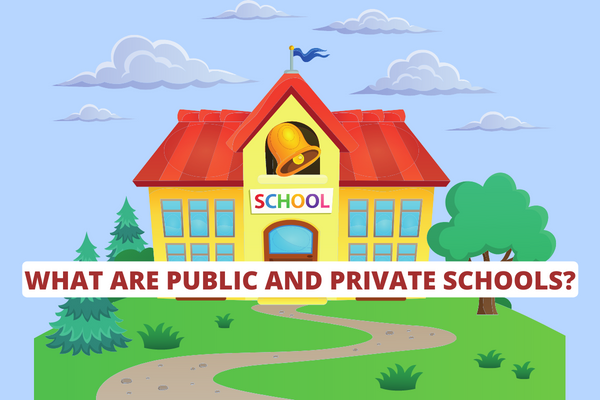Vietnam: What are public and private schools? Which one is better public or private school?
What is a public school in Vietnam?
Public schools are schools that are funded by the state and facilities to maintain operations.
Public schools operate under the direction of the Ministry of Education and Training of Vietnam. Therefore, the activities of hoc schools, salary regimes, teacher bonuses, emulation rewards, and student discipline all depend on and comply with the uniform regulations promulgated by the Ministry of Education and Training of Vietnam.
What is a private school in Vietnam?
Private school, also known as a private school, non-public school) is a school established and operated by domestic individuals and organizations permitted by competent agencies to establish and invest in themselves.
Private schools are established and operated separately by individuals and organizations under the mechanism and are mainly contributed based on tuition fees of students and investors.
Although allowed to operate independently, a private school is still an educational institution, so it must also comply with issues such as the curriculum, the admission scheme of the Ministry of Education and Training of Vietnam.

Vietnam: What are public and private schools? Which one is better public or private school?
What is the difference between a public school and a private school in Vietnam?
Here is a table comparing public and private schools:


Note: Currently, Decree 38/2019/ND-CP stipulates that the base salary is still 1,490,000 VND/month. Therefore, teachers teaching in public schools still apply a base salary of 1,490,000 VND/month.
Should I send my child to a public or private school in Vietnam?
Based on the comparison table of differences between public and private schools as above, we can also see that public and private schools have their own advantages and disadvantages.
The advantage of public schools is that the tuition fee is moderate, stable, and suitable for the majority of students. In addition, disadvantaged students can also apply for tuition fee exemption and reduction policies.
The advantages of private schools are good and more modern facilities and equipment, higher practical application programs, better learning conditions, and exposure to high-quality education.
Some schools also invite foreign teachers, and link up with foreign universities to help students improve their foreign language skills and access international education.
However, the tuition fees of private schools are much higher than those of public schools.
Therefore, parents, as well as students, need to consider the pros and cons of the two schools and the ability of the family to choose the right school.
LawNet
